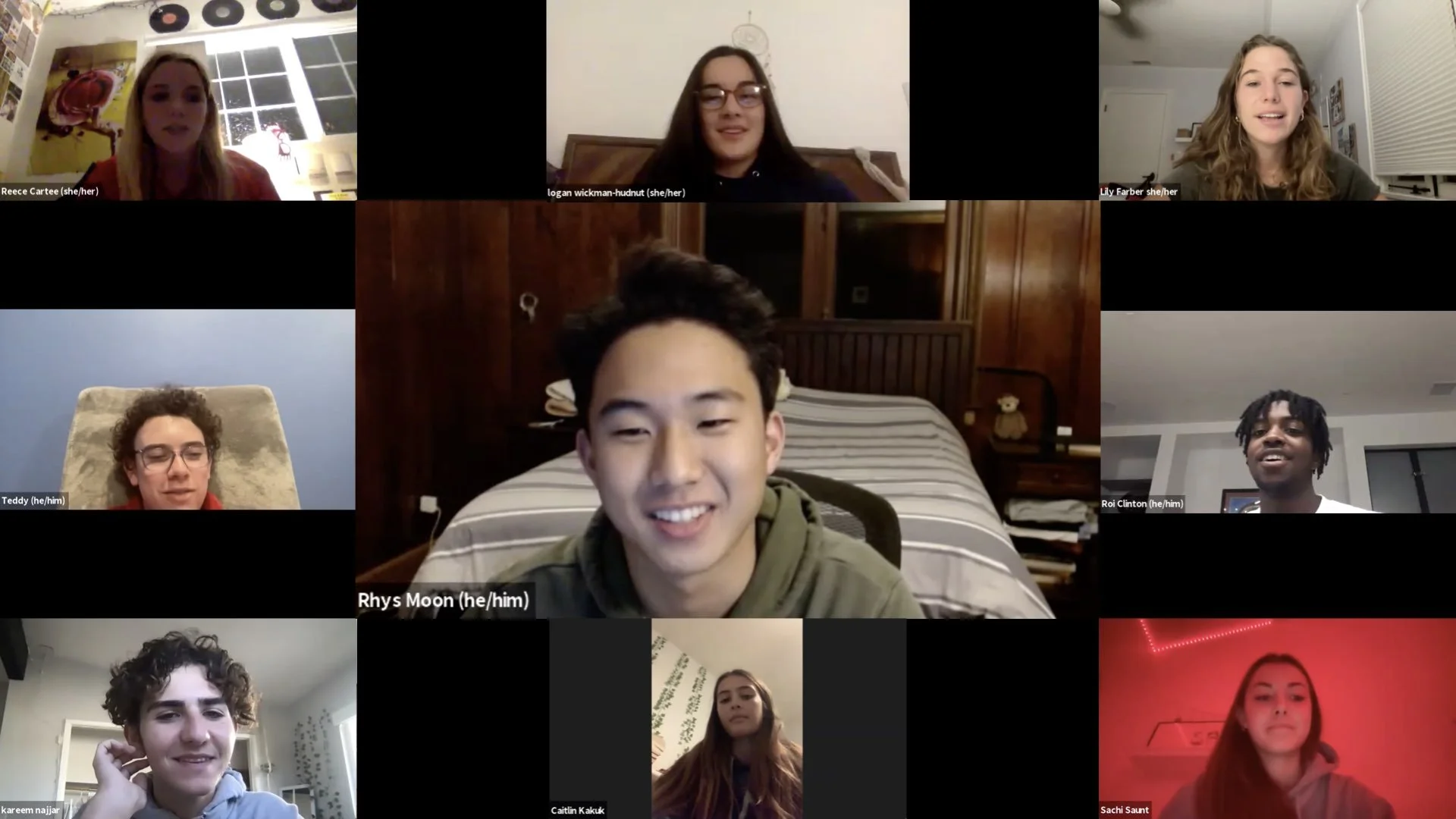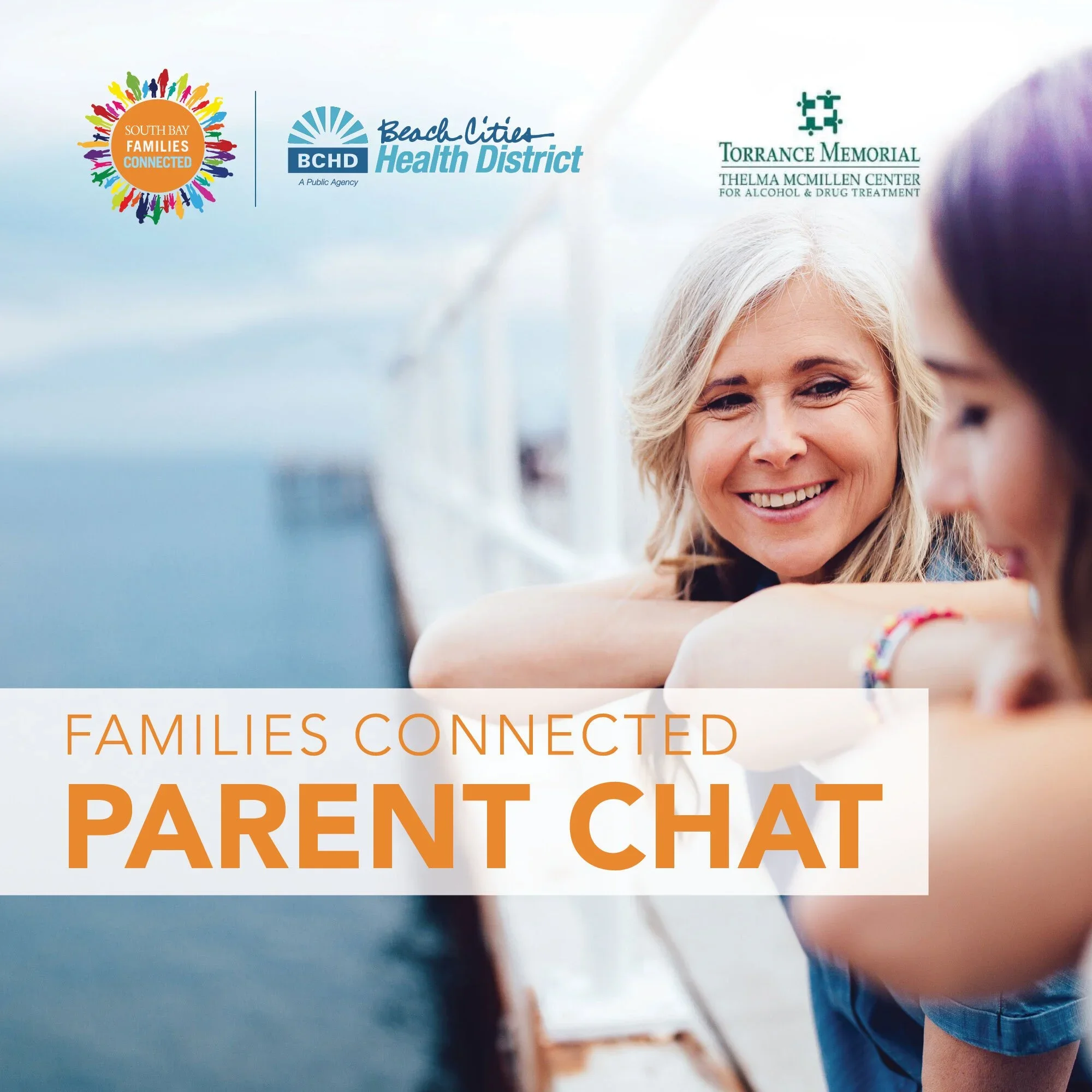Trending: South Bay Students Need Help with Social Skills and Connection
/Over the past three months, South Bay parents, teens and administrators representing our 115 SBFC Partner Schools have collectively shared with us one key social-emotional wellness trending youth issue: many students are struggling with their social skills and peer relationships. The conventional wisdom seems to be, both here in the South Bay and nationally, that virtual learning may have put students’ normal social development on pause. As one administrator put it, “Some students have forgotten how to interact, from understanding social cues to practicing kindness to one another. Our 5th graders are acting like 4th graders.” And others have shared that social anxiety and isolation have increased.
But the good news is that we believe our students will catch up, and research shows that parents can make a huge difference. To help, we’ve put together a few guided exercises to check in with your kids and spark conversations about what they’re feeling in their social worlds, as well as offer tools that can help them develop the skills they need to make more meaningful and positive connections, this holiday season and beyond. Bonus: It’s a great way to reconnect with them and slow things down during this hectic time.
Why is this such important work right now?
Research on positive peer relationships often distinguishes between friendship and peer acceptance. High-quality friendships involve not only companionship, but also caring, validation and support. Peer acceptance focuses on how much students like their classmates or enjoy playing with their classmates, and has been found to affect students’ sense of belonging in school and their academic achievement.
For parents of students grades 6 - 12: Do a check-in
Watch this 15 minute video featuring South Bay teens from Mira Costa, Redondo Union, Peninsula, Palos Verdes, Torrance and Chadwick high schools discussing some of the challenges they are facing socially now that they are back to in-person learning. Have your tween or teen watch it with you, or on their own, and initiate a conversation by asking the following questions:
Do you relate to any of the students’ experiences in the video?
What are you feeling about the social dynamics you are experiencing at school?
What would you add if you were part of this video?
To access all of our guided exercises and social skills videos for all age groups to help them make positive connections this holiday season and beyond, please click on the button below:
No matter what the exercise or interaction with your teen, please consider using the tips below to connect authentically and help role model listening skills for your child:
Listen to understand their feelings rather than listening to “fix it”. For example, though this comes with the best of intentions, responding to a comment like, “No one likes me on the soccer team,” with, “Well, that’s not true! Everyone on your team loves you!”, negates their experience and perspective and shuts down the conversation.
Sit with them in their emotions, even though it may be uncomfortable. Rather than reacting, consider saying, “Tell me more about that.” The act of letting them feel heard helps with connection and may be all they need in that moment.
Avoid assumptions that might cause you to interrupt with your own perspective, story or solution.
Ask them how they would like you to listen. Would they prefer that you simply listen to understand, or would they like to brainstorm solutions with you. It’s possible that brainstorming will be more effective in a second conversation after they have regulated their emotions and had a chance to vent.
Wishing you and your family a fulfilling and connected holiday season.
Sources for listening suggestions:
https://www.kcrw.com/culture/shows/life-examined/copy_of_listen-communication-skills-mediation
Warmly,
Laura McIntire
Producer, the Families Connected Project
President, LSM Communications, LLC
Volunteer Creating Director, SBFC




